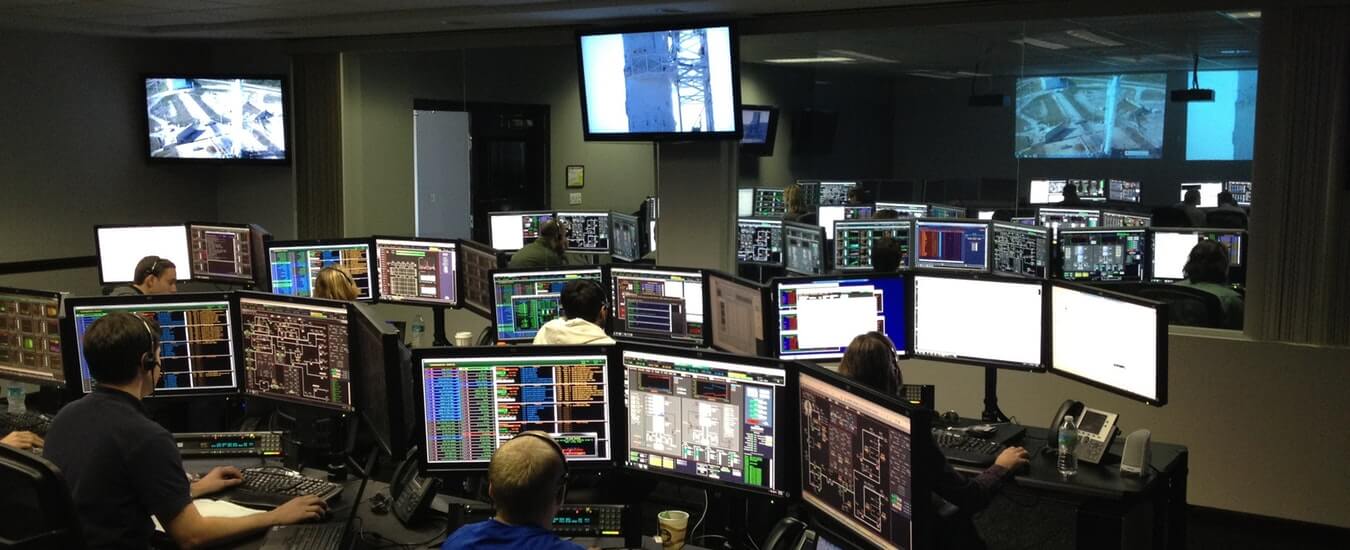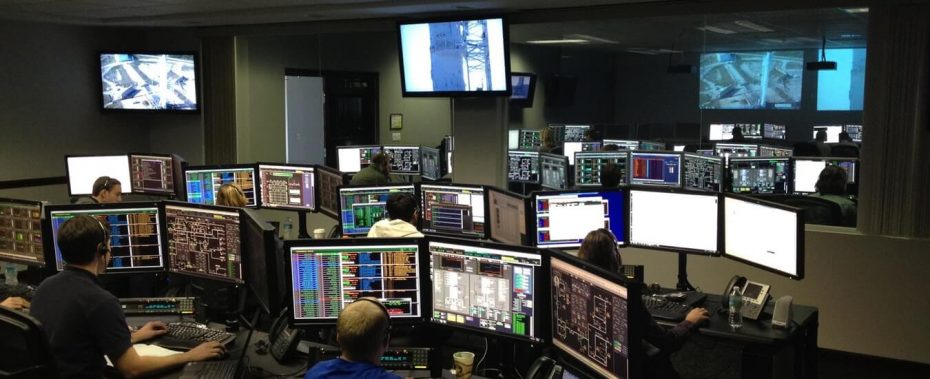
If there’s one thing that’s clear as we head toward 2020, it’s this: the way we work is irreversibly changing. There are tons of different statistics that illuminate this fact—many we’ve likely heard before. By next year, chatbots will power a ridiculous 85 percent of customer service. Nearly 40 percent of U.S. jobs will be automated within the next 15 years. Almost 90 percent of companies worldwide are already using AI for HR management! The “new and emerging technologies” that began to change how we work five years ago are now the technologies most companies can’t live without.
Are you up on RPA? ERP? AI? There’s a lot of alphabet soup involved with digital transformation today. And while it might be confusing, it’s becoming increasingly necessary to familiarize yourself with the emerging technologies powering today’s workplace.
Robotic Process Automation
By 2021, it’s anticipated the robotic process automation market is predicted to hit $3 billion. Why? Because it works. RPA isn’t fancy. In fact, it’s generally the lowest-hanging-fruit of the AI/robot/automation world. It takes single and mundane processes and helps to automate them start to finish. As such, RPA isn’t any kind of sparkly savior. It’s something designed to help you take the boring, grinding, over-and-over tasks that bog your employees down and hand them off for the bots to do instead. It’s not an enterprise-wide revolution. It’s something you can do piecemeal—and something you’ll want to do on a grander and grander scale the more you realize the time and cost benefits. Of course, the benefit of RPA isn’t just saved time or money. The real benefit comes in the form of a question: what will your employees do with the free time now allotted for bigger, better things that could move your company forward? How will you harness the power of that times savings? How will you take advantage of the creative space afforded by digital transformation?
Enterprise Resource Planning
Unlike RPA, which focuses on single end-to-end processes, Enterprise Resource Planning (ERP) is the integrated management of all core business practices—HR, finance, the gamut—using AI, machine learning, and other technologies. It’s a one-stop-shop for process improvement. Just as important: it’s scalable. It has the power to run seamlessly enterprise-wide. Still, most companies today aren’t using ERP to its fullest extent. That’s because most companies, as noted above, are using AI to handle more simple things like billing or recruitment. But they haven’t necessarily been able to organize themselves well enough to put ERP in place.
Whereas the RPA is the low-hanging fruit of AI, the ERP is the holy grail. But that doesn’t make it easy to implement. Studies show half of ERP implementations fail the first time. Further, research shows ERP implementations take about 30 percent longer to implement than anticipated and cost three to four times as much as originally budgeted. Discouraging, right? But it’s still essential to keep working to do it—and to get it right. ERPs aren’t just nice-to-haves. They are the bedrock of future successful business. These two emerging technologies are going to make a huge difference in business operations.
Artificial Intelligence
Truth be told, both of the above emerging technologies use AI. What I’m talking about here is machine learning, deep learning, and other newer technologies like natural language processing and natural language generation. These are the technologies that will 1) allow you to mine valuable insights from the data you’re collecting and 2) to communicate with your customers in increasingly personal, “humanlike” ways.
First: mining the data. Even though we’re in an age of “big data,” it makes no sense for your company to collect data if you aren’t using AI—and, increasingly, AI like machine learning and deep learning—to process it. In today’s data-driven economy, you are nothing without data insights. Those insights come only from AI. There is simply far too much data for humans to go it alone.
When we talk about natural language processing and generation, these technologies are the ones that will separate the men from the boys in digital transformation. How? As noted above, most companies are using chatbots. That is no longer a meaningful differentiator in digital transformation. The differentiator today is how well your chatbots communicate—please—engage your customers. We know customer experience is a driver of success in digital transformation. Indeed, it’s supposed to be the driver of digital transformation itself. And natural language processing and generation—the ability to “speak” in a way that naturally pulls customers closer—are imperative to that development.
The future of work is changing, at this very moment. Not every new technology will be relevant for you, but chances are good these big three emerging technologies—RPA, ERP, and AI—could significantly enhance how you’re running your company and, even more importantly, how you are engaging with your customers. While it can be overwhelming, numerous as-a-Service providers are already working to provide these technologies to companies just like yours, no matter where in the digital transformation process it may lie. As you consider your future development, consider researching and familiarizing yourself with these technologies and how they might benefit you.
The original version of this article was first published on Future of Work.
Daniel Newman is the Principal Analyst of Futurum Research and the CEO of Broadsuite Media Group. Living his life at the intersection of people and technology, Daniel works with the world’s largest technology brands exploring Digital Transformation and how it is influencing the enterprise. From Big Data to IoT to Cloud Computing, Newman makes the connections between business, people and tech that are required for companies to benefit most from their technology projects, which leads to his ideas regularly being cited in CIO.Com, CIO Review and hundreds of other sites across the world. A 5x Best Selling Author including his most recent “Building Dragons: Digital Transformation in the Experience Economy,” Daniel is also a Forbes, Entrepreneur and Huffington Post Contributor. MBA and Graduate Adjunct Professor, Daniel Newman is a Chicago Native and his speaking takes him around the world each year as he shares his vision of the role technology will play in our future.

